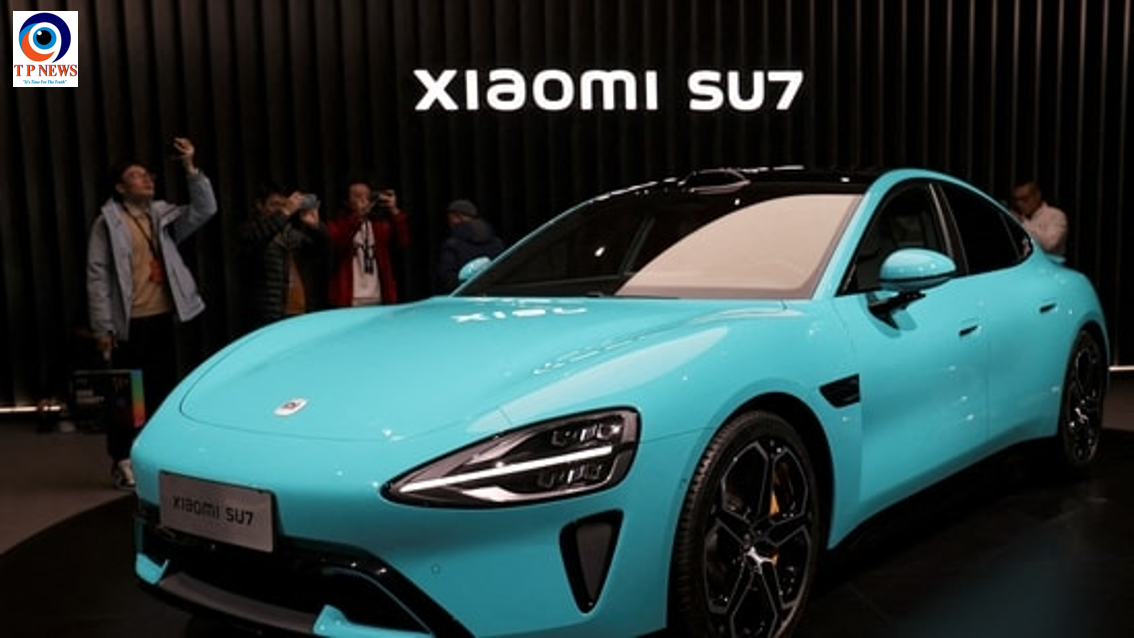In the race to revolutionize the AI chatbot landscape, three industry juggernauts have unveiled their latest offerings: Google’s Gemini Advanced, OpenAI’s ChatGPT Plus, and Microsoft’s Copilot Pro. As businesses and individuals alike seek to enhance productivity and efficiency through AI-powered assistants, the choice between these cutting-edge platforms has become a pivotal decision. Let’s delve into the key aspects to consider when selecting the optimal AI chatbot subscription.
1. Speed and Performance:
Reports indicate that Microsoft’s Copilot Pro leads the pack in terms of speed and performance. With three distinct conversation styles to choose from, users can prioritize speed, creativity, or accuracy according to their needs. However, Google’s Gemini Advanced also holds its ground, leveraging its state-of-the-art “Ultra 1.0” model to outperform GPT-4 in specific tasks.
2. Writing and Content Creation:
For users focused on writing and content creation, OpenAI’s ChatGPT Plus emerges as a frontrunner. Renowned for its ability to produce eloquent and polished written outputs with varied sentence structures and descriptive language, ChatGPT Plus excels in this domain. While Gemini Advanced and Copilot Pro are adept at drafting and ideation, ChatGPT Plus offers unparalleled sophistication in content generation.
3. Coding and Data Analysis:
Developers and data scientists seeking advanced coding and data analysis capabilities will find ChatGPT Plus to be their ideal companion. Its robust functionality includes understanding and processing uploaded files, generating charts and tables, and even running Python code – features not as readily available in Gemini Advanced and Copilot Pro.
4. AI-Generated Images:
In the realm of image generation, ChatGPT Plus gains an edge with DALL-E 3 integration, surpassing Gemini Advanced in quality and adherence to prompts. While Google’s offering may produce a higher volume of images, DALL-E 3 excels in generating visually striking and contextually relevant imagery.
5. Integrations and Ecosystem:
Both Copilot Pro and Gemini Advanced offer deep integrations within their respective ecosystems. Copilot Pro seamlessly integrates with Microsoft 365 apps, while Gemini Advanced promises forthcoming integration with Gmail, Docs, and other Google products. ChatGPT Plus, currently operating as a standalone offering, may lack the ecosystem integration found in its counterparts.
6. Value and Pricing:
In terms of value for money, Gemini Advanced shines with its attractive pricing of $19.99 per month, coupled with additional perks such as 2TB of Google Drive storage. ChatGPT Plus and Copilot Pro, priced at $20 per month, offer comparable functionalities but with fewer supplementary benefits.
Conclusion:
Choosing the right AI chatbot hinges on specific user requirements and preferences. For writers and content creators seeking refined outputs, ChatGPT Plus is the optimal choice. Conversely, developers and data scientists will find ChatGPT Plus indispensable for its coding and data analysis prowess. For users prioritizing Google integration and a well-rounded AI assistant, Gemini Advanced presents an enticing option. Lastly, Microsoft 365 users prioritizing speed may gravitate towards Copilot Pro for its seamless integration and rapid performance.
As the AI chatbot landscape continues to evolve, users are presented with a diverse array of options tailored to their individual needs, marking a significant step forward in AI-powered assistance.












